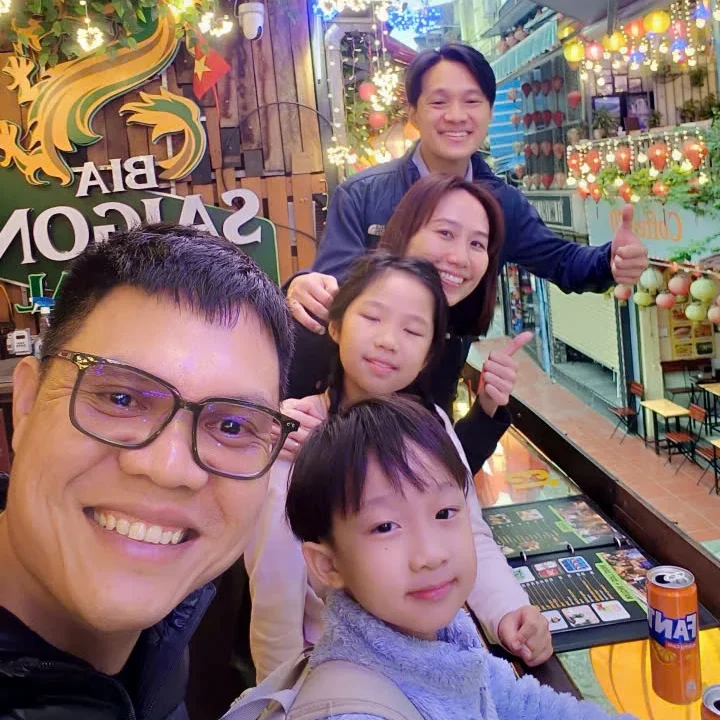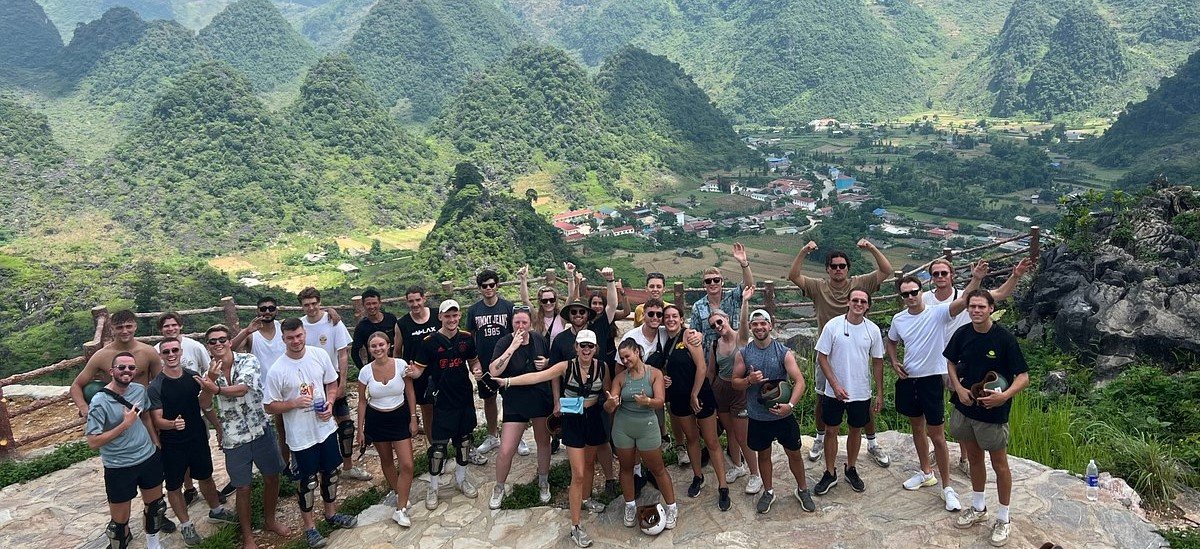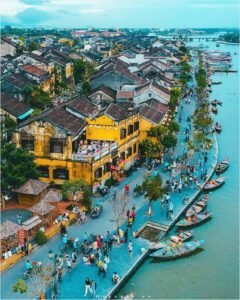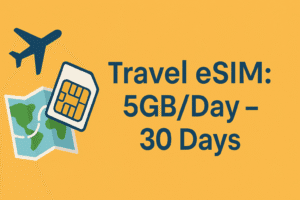Essential Vietnamese Phrases for Travelers: A Quick Guide
Vietnam is a land of rich cultural heritage, vibrant cities, and stunning landscapes. If you’re planning to visit this captivating country, learning a few essential Vietnamese phrases can make your trip smoother, more enjoyable, and even more meaningful. Knowing the basics of the Vietnamese language for travelers not only helps you navigate daily situations but also shows respect for the local culture. Ready to master some key phrases? Let’s dive in!
1. Why Learn Vietnamese Phrases?
Learning even a handful of Vietnamese phrases can transform your travel experience. It bridges the gap between cultures and shows locals that you’re making an effort. In return, you’ll likely receive warmer interactions and maybe even a few insider tips! Plus, when you’re away from tourist hotspots, English isn’t as widely spoken, making these phrases invaluable.
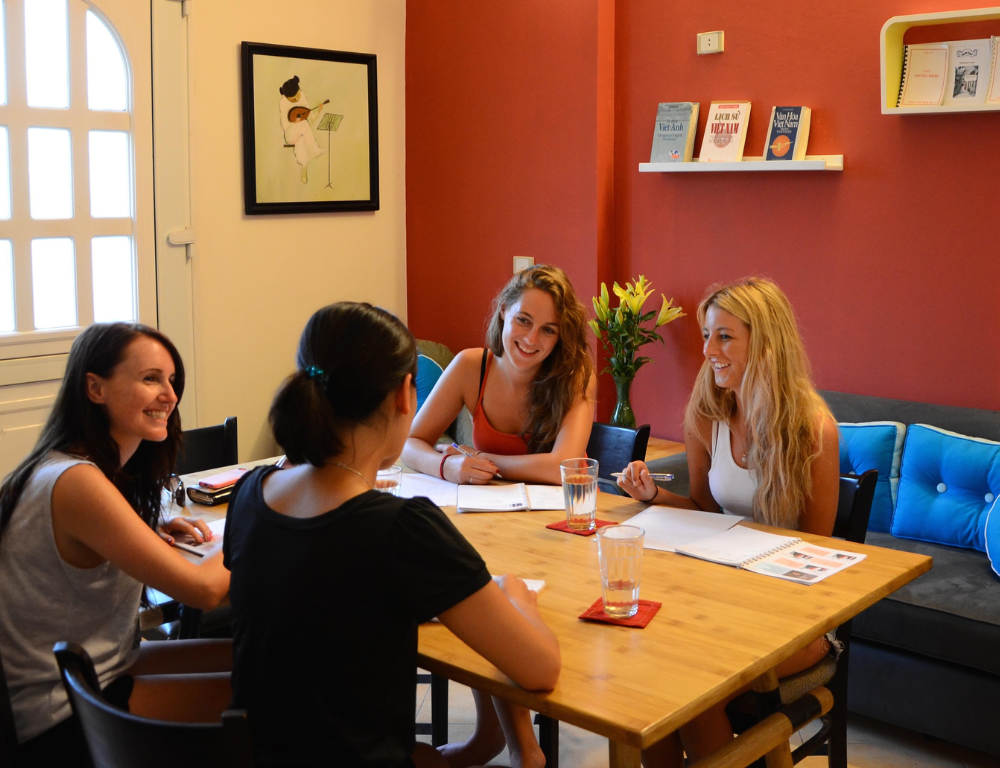
🇻🇳 Celebrate the Lunar New Year like a local! Learn more about the Vietnamese Tet Holiday!
2. The Basics of the Vietnamese Language
A Tonal Language
Vietnamese is a tonal language, which means the pitch or tone you use can change a word’s meaning entirely. For example, “ma” can mean “ghost,” “but,” “mother,” or even “tomb,” depending on how it’s pronounced. Consequently, learning a few basic Vietnamese phrases can be challenging due to the importance of tones. However, locals will appreciate your attempts, even if your tones aren’t perfect.
Alphabet and Pronunciation
Vietnamese uses the Roman alphabet with added diacritics (accent marks) to indicate tones and pronunciation. This makes it somewhat easier for English speakers to read compared to non-Roman scripts.
🇻🇳 Uncover the historical and cultural significance of Vietnamese Temples!
3. Greetings and Courtesies
First of all, let’s use Google Translate to pronounce Vietnamese phrases most accurately!
Common Greetings
Start any conversation with a friendly greeting. It’s a simple way to show respect and set the tone for your interaction.
- Hello: Xin chào (sin chao)
- Good morning: Chào buổi sáng (chao boo-ee sahng)
- Good evening: Chào buổi tối (chao boo-ee toy)
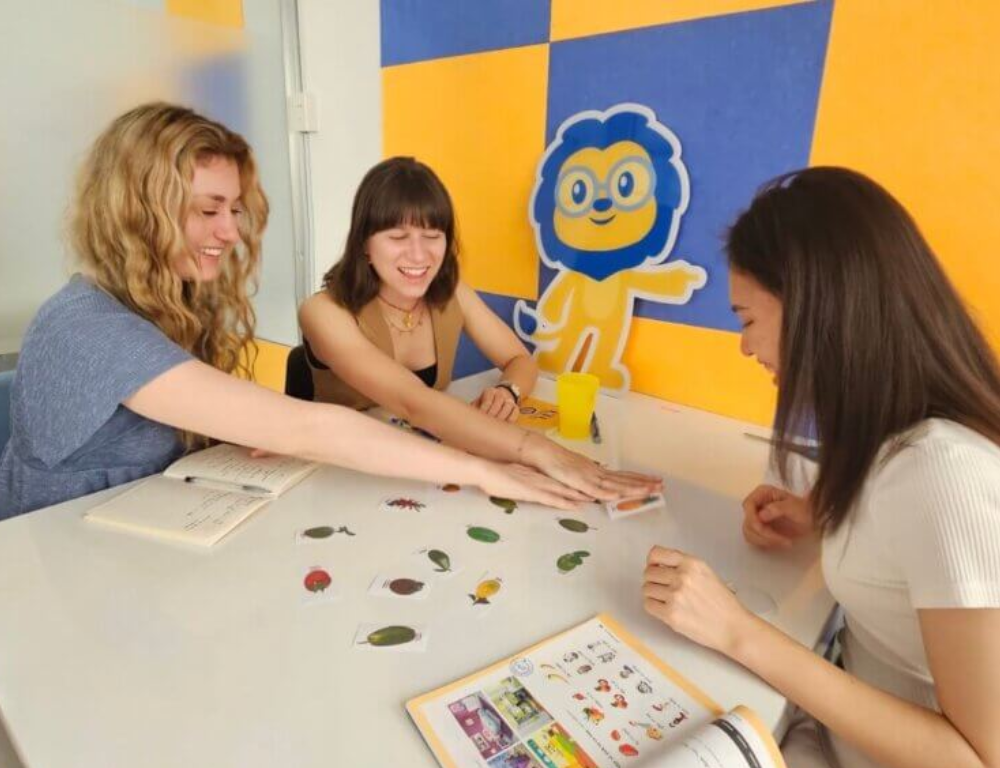

Being Polite
Politeness goes a long way in Vietnamese Culture. Use these phrases to express gratitude or apologize:
- Thank you: Cảm ơn (gahm un)
- You’re welcome: Không có gì (khong koh zee)
- Excuse me / Sorry: Xin lỗi (sin loy)
🇻🇳 Be enchanted by the magical world of Vietnamese Water Puppetry.
4. Numbers and Counting
Numbers are incredibly useful for shopping, bargaining, and understanding prices. Moreover, learning basic Vietnamese phrases can significantly enhance your shopping experience.
- One to Ten:
- 🔤 Một (moht), Hai (hi), Ba (bah), Bốn (bohn), Năm (nuhm), Sáu (sow), Bảy (bye), Tám (tahm), Chín (chin), Mười (muh-ee)
- Higher Numbers:
- 🔤 Twenty: Hai mươi (hi moo-ee)
- 🔤 Hundred: Trăm (chum)
- 🔤 Thousand: Ngàn (ngan)
In markets or restaurants, you may hear amounts ending with ngàn đồng (thousand dong).
🔥 Improve your language skills with our top-rated Vietnamese Language Schools Hanoi.
5. Navigating Directions
Essential Phrases for Directions
Knowing a few basic Vietnamese phrases can make getting around much easier. For instance, being able to ask for directions in Vietnamese not only helps you navigate the city more efficiently but also allows you to connect with locals on a deeper level.


- Where is…? Ở đâu? (uh dow?)
- Left: Trái (chai)
- Right: Phải (fai)
- Straight ahead: Thẳng (tung)
Travel deeper and more meaningfully. Start with our guide to responsible and sustainable tourism in Vietnam.
Landmarks to Know
It’s helpful to learn some common words for landmarks:


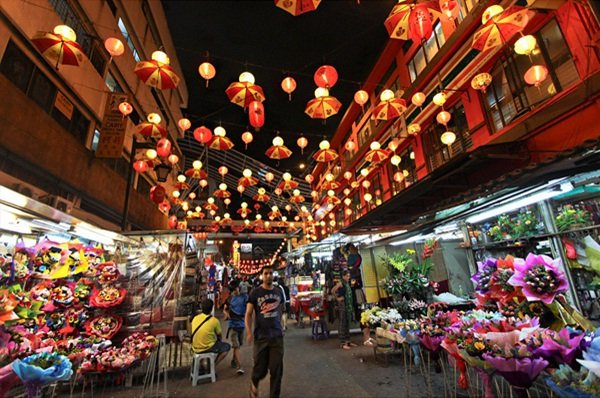

- Hotel: Khách sạn (kak san)
- Market: Chợ (chuh)
- Train station: Nhà ga (nya gah)
🔥 Don’t know what to pack for your trip to Vietnam? Our comprehensive Vietnam Packing List has you covered!
6. Ordering Food and Drinks
At a Restaurant
Vietnamese cuisine is diverse and delicious. However, to truly appreciate the local dining experience, it’s helpful to learn some basic Vietnamese language for travelers. Consequently, you can order your next meal like a local and connect with the people who prepare your food.
- I’d like…: Tôi muốn… (toy muhn…)
- Vegetarian food: Đồ chay (doh chai)
- No spicy: Không cay (khong kai)
Popular Dishes
Familiarize yourself with the names of famous Vietnamese dishes:
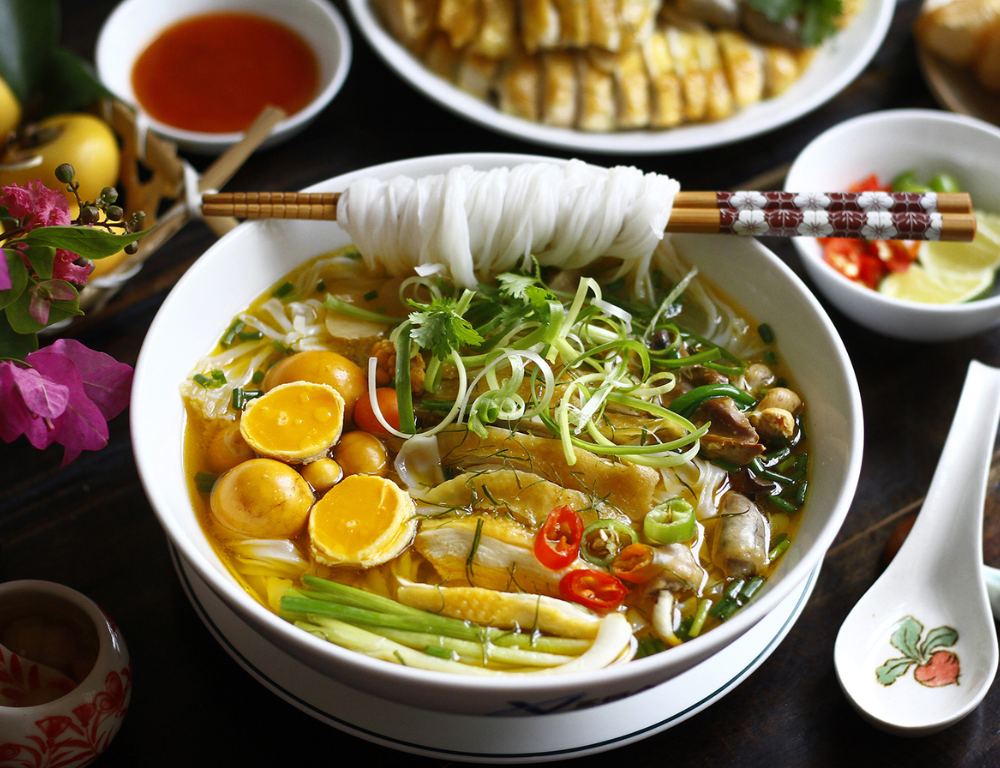





- Phở (fur): Traditional noodle soup
- Bánh mì (banh mee): Vietnamese sandwich
- Cà phê sữa đá (cah fay soo-ah dah): Iced coffee with milk
🔥 Want to learn more about Hanoi street food? Click here to read our in-depth guide.
7. Shopping and Bargaining
Vietnam is known for its bustling markets, where bargaining is common practice. In fact, knowing a few key Vietnamese phrases can significantly enhance your shopping experience and help you snag better deals:
- How much is this? Cái này bao nhiêu? (guy nay bow nyew?)
- It’s too expensive: Đắt quá! (dut kwa!)
- Can you lower the price? Giảm giá được không? (zam zah duhk khong?)
🇻🇳 Tip: Smile while bargaining—it’s part of the fun!
📸 Immerse yourself in Vietnam’s captivating culture. From ancient temples to vibrant festivals, there’s something for everyone. | Contact us via WhatsApp or follow Sun Getaways Travel Fanpage for personalized trip planning. Or follow these posts to explore the cultural wonders of Vietnam:
8. Transportation Essentials
Getting Around
Whether you’re taking a bus, taxi, or motorbike, these phrases in Vietnamese language for travelers are indispensable; they will help you navigate your way around the city with ease.
- I want to go to…: Tôi muốn đi đến… (toy muhn dee den…)
- Bus station: Bến xe buýt (ben say bweet)
- Train station: Nhà ga (nya gah)
Transportation Options
In Vietnam, the most common modes of transport include motorbikes, bicycles, and buses. Moreover, learning even a few basic phrases in Vietnamese language for travelers can greatly enhance your experience and interactions with locals.
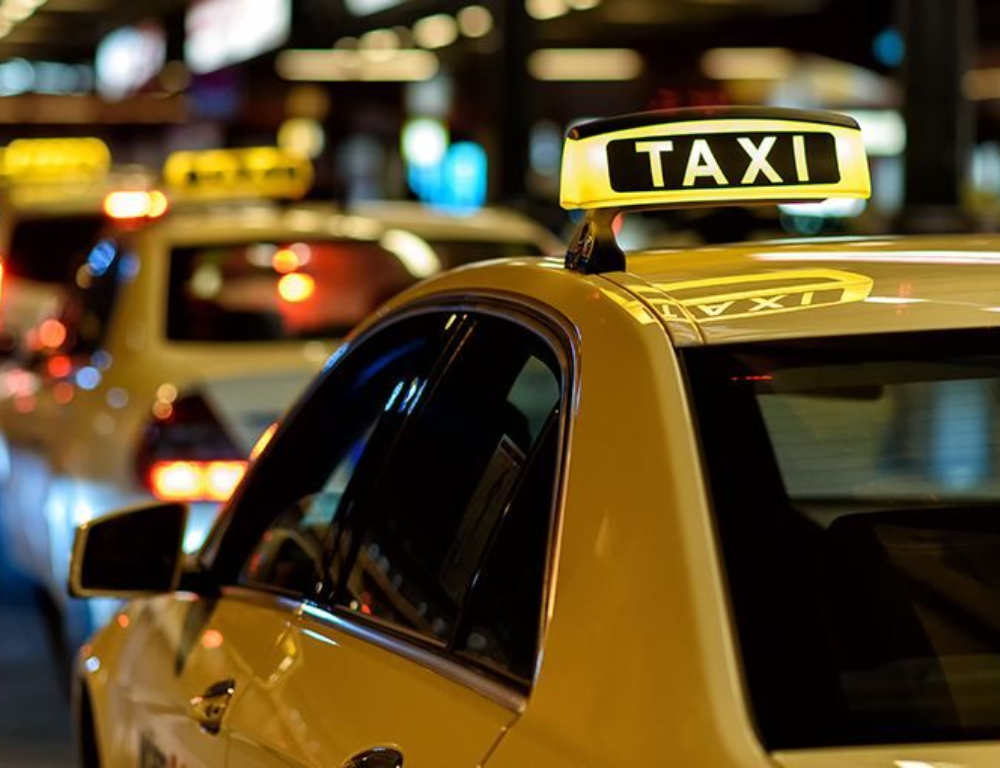

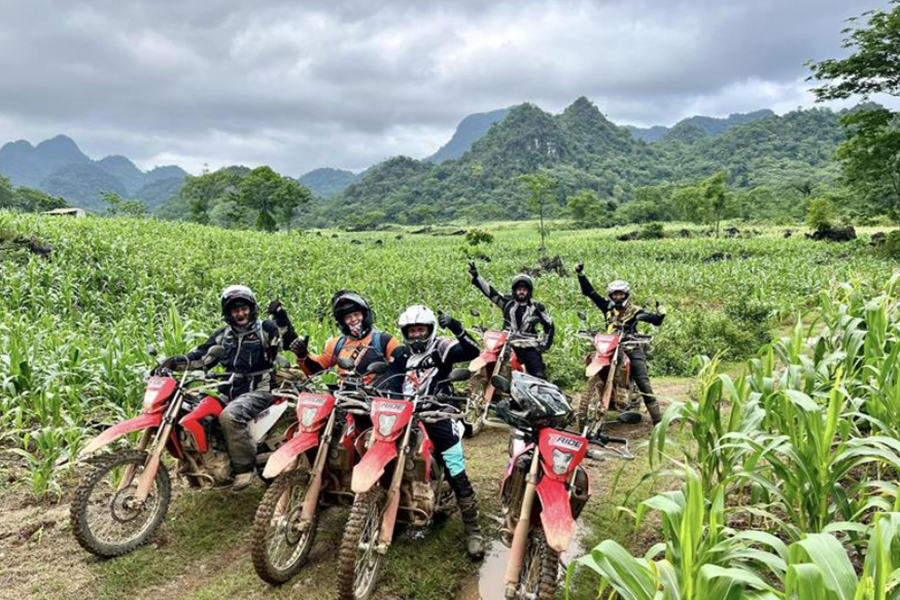

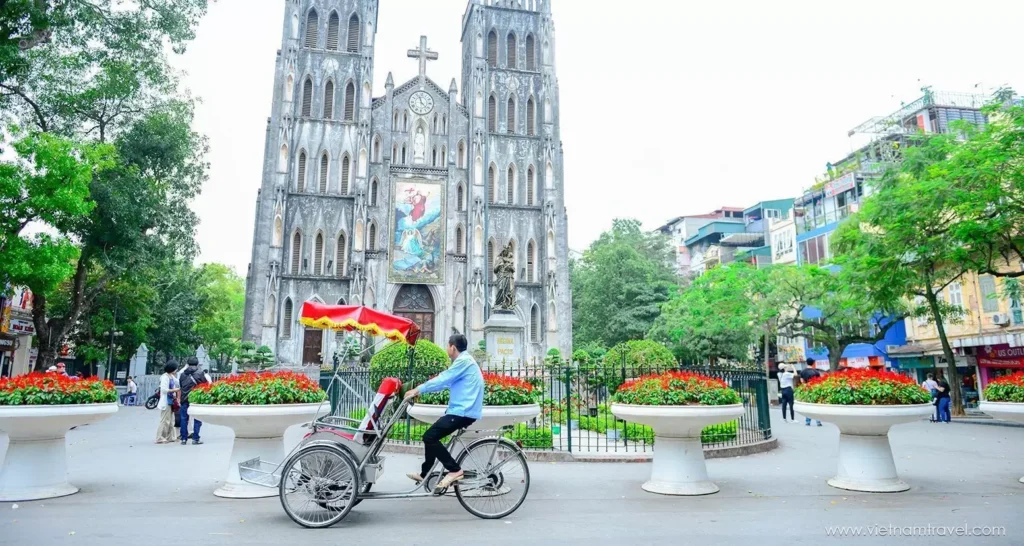

- Taxi: Taxi
- Motorbike taxi: Xe ôm (say om)
- Cyclo (pedicab): Xích lô (sick loh)
🔥 For a deeper dive into Hanoi Transportation, check out our complete guide for travelers.
9. Health and Emergency Phrases
In Case of Emergency
If you encounter a health issue or need urgent help, learning some basic Vietnamese phrases can be life-saving. Moreover, these phrases can help you connect with locals on a deeper level:
- Help! Cứu với! (goo voy!)
- I’m sick: Tôi bị bệnh (toy bee bayn)
- Hospital: Bệnh viện (bayn vee-en)


Important Numbers
- Police: 113
- Ambulance: 115
- Fire Department: 114
Explore: Unveiling Vietnamese Culture: Traditions, Etiquette & Festivals for Travelers
10. Cultural Etiquette in Language
Using Honorifics
Vietnamese culture places a high value on respect. When addressing people, use honorifics like anh (older brother) or chị (older sister) to show politeness.
Formal vs. Informal Speech
While it’s fine to use casual language with peers, always use formal speech when speaking to elders or in professional settings.
🔥 Discover the surprising truth about One Pillar Pagoda.
11. Common Mistakes to Avoid
Tone Troubles
One of the biggest challenges in Vietnamese is getting the tones right. A slight change in tone can alter the meaning of a word entirely, so practice is key, especially when it comes to learning common Vietnamese phrases.


Overusing English
While many locals understand basic English, relying solely on it can limit your interactions and experiences.
12. Quick Tips for Learning Vietnamese
- Practice Daily: Dedicate a few minutes each day to learning new phrases.
- Use Apps: Tools like Duolingo and Memrise are great for beginners.
- Watch Local Media: Vietnamese TV shows or YouTube channels can improve your listening skills.
- Carry a Cheat Sheet: Keep a small list of essential phrases handy for quick reference.
🔥 Find the perfect Hanoi Accommodation for your journey in Vietnam!
13. FAQs
1. Is Vietnamese a difficult language to learn?
Vietnamese can be challenging because of its tonal nature, but learning basic phrases is straightforward and highly rewarding.
2. What are the must-know Vietnamese phrases for travelers?
Phrases for greetings, ordering food, asking for directions, and shopping are essential for travelers.
3. Can I rely on English while traveling in Vietnam?
In major cities and tourist areas, English is commonly spoken, but knowing Vietnamese phrases will enhance your experience, especially in rural areas.
4. What’s the best way to practice Vietnamese as a traveler?
Use language apps, interact with locals, and watch Vietnamese media to improve your understanding and pronunciation.
5. Are there any cultural tips for speaking Vietnamese?
Yes, always use polite forms of speech and honorifics when addressing others, especially elders.
14. Conclusion
Exploring Vietnam is an unforgettable adventure, and learning some Vietnamese phrases will enrich your journey. From greeting locals with a warm Xin chào to navigating bustling markets, speaking the language opens doors to new connections and deeper cultural understanding. So, pack your bags, brush up on your Vietnamese, and get ready for an incredible trip!
Experience Vietnam like never before with Sun Getaways Travel. Our all-inclusive trips cover every detail, from accommodations and transportation to unforgettable experiences, depending on your interests (Our Customized Private Tour for each customer to Vietnam 🇻🇳). Ready to embark on your next adventure?
Ask a question
Leave a Comment (0)
No questions yet. Be the first to ask a question!

